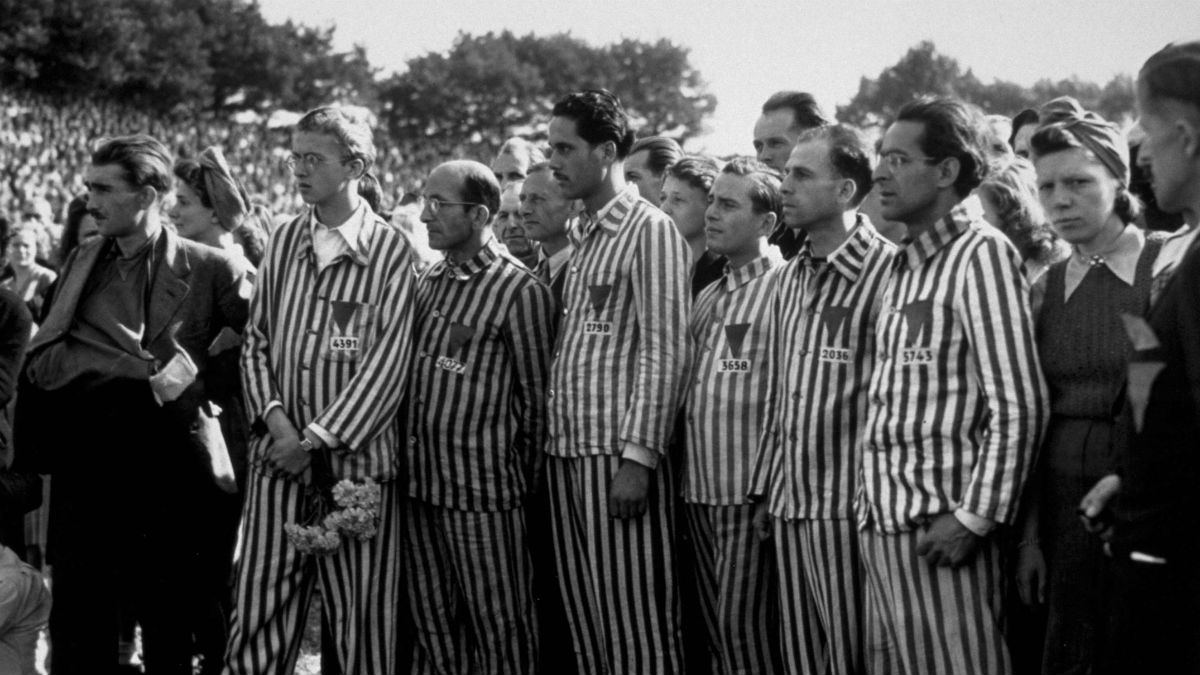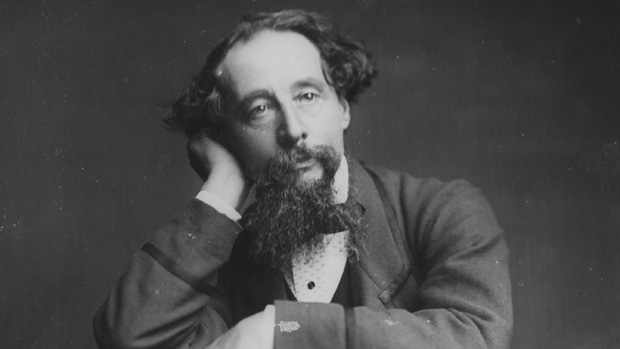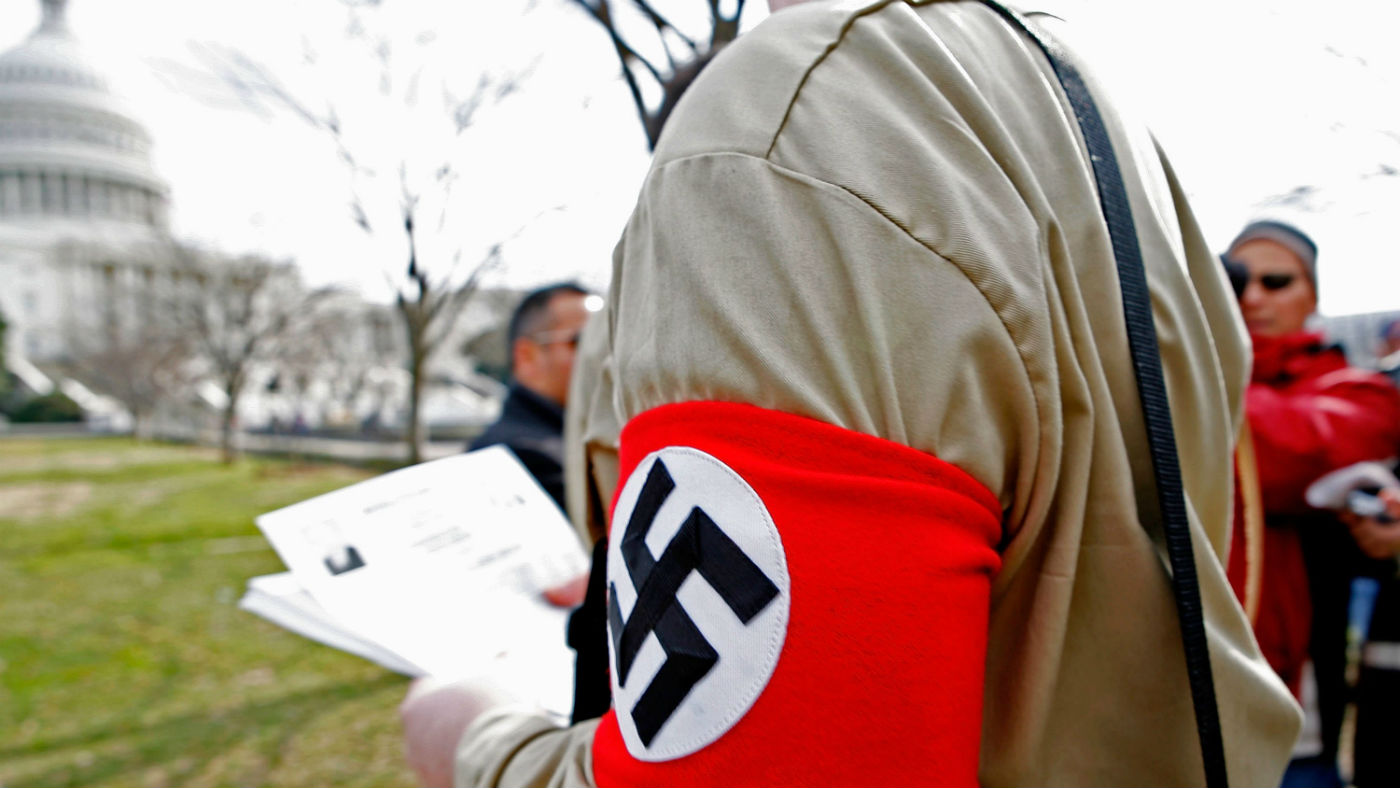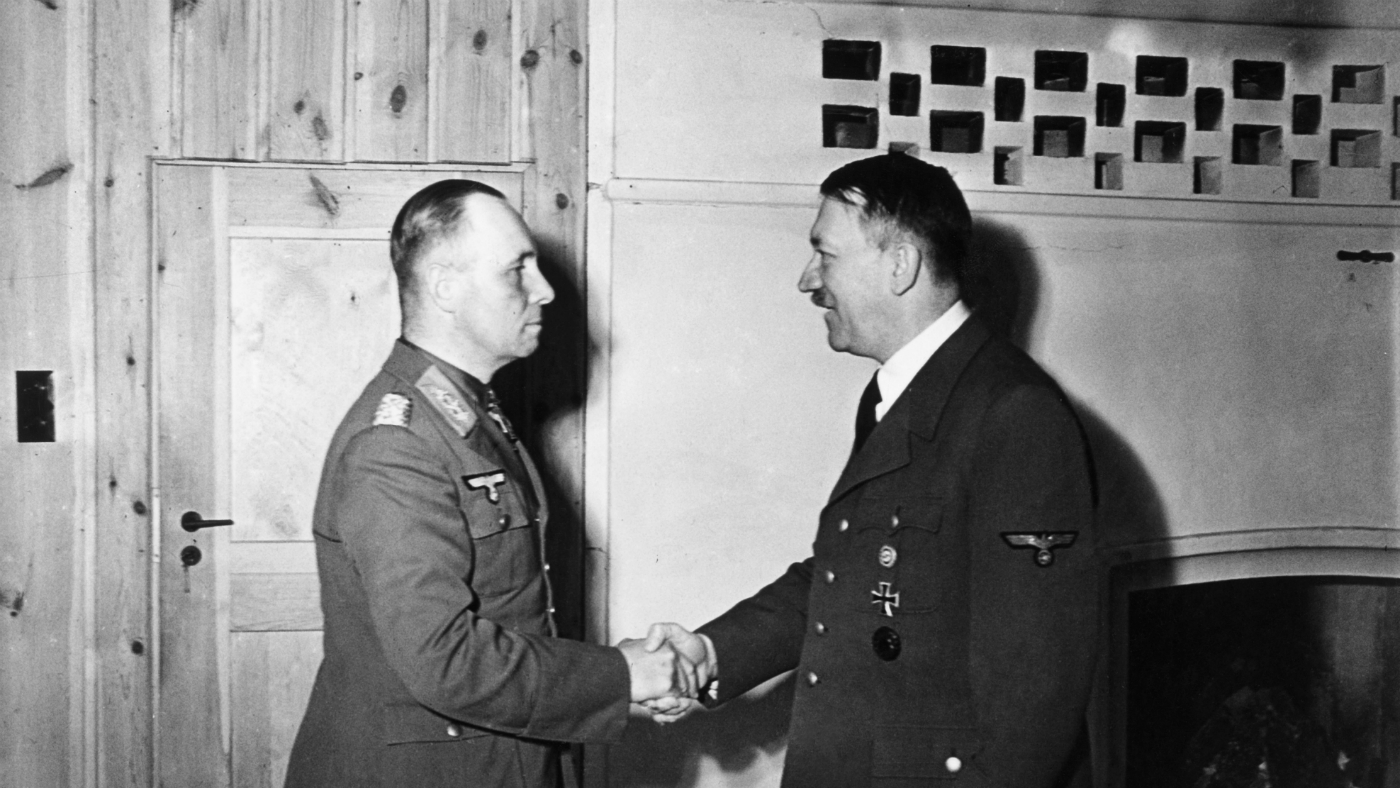National Archive files reveal harrowing tales of Nazi persecution
Great Escape veteran and concentration camp survivors among those who failed to win compensation claims

A free daily email with the biggest news stories of the day – and the best features from TheWeek.com
You are now subscribed
Your newsletter sign-up was successful
Newly released documents have revealed the intense questioning British victims of Nazi persecution faced by Whitehall officials in order to assess whether they deserved compensation after the Second World War.
The National Archives documents, which date from 1964-65 but have been made public for the first time, also detail harrowing accounts of the suffering inside the Nazi prison camps, including testimony from a veteran of the Great Escape and another from the only British survivor of Bergen-Belsen.
Around 4,000 people applied to the Foreign Office for help from a £1m fund, paid for by West Germany, but only a quarter were successful, reports the BBC.
The Week
Escape your echo chamber. Get the facts behind the news, plus analysis from multiple perspectives.

Sign up for The Week's Free Newsletters
From our morning news briefing to a weekly Good News Newsletter, get the best of The Week delivered directly to your inbox.
From our morning news briefing to a weekly Good News Newsletter, get the best of The Week delivered directly to your inbox.
Some claimants were rejected because their imprisonment was deemed legal, despite the Foreign Office acknowledging their suffering, others because they were not considered British citizens.
In what The Guardian describes as "one of the most shameful cases", London-born Leon Greenman, who was captured in the Netherlands and taken to Auschwitz, where his wife and son were killed, was turned away as a "Dutch Jew". His passport had been destroyed during the conflict.
RAF officer Jimmy James, who helped dig the tunnel for the Great Escape at PoW camp Stalag Luft III in 1944, also had his claim rejected following his internment in the Sachsenhausen concentration camp, north of Berlin, where he was sent after being the failed bid for freedom.
Despite James's many years in captivity, the UK government said that as a prisoner of war, he had not suffered "the inhuman and degrading treatment of a concentration camp proper".
A free daily email with the biggest news stories of the day – and the best features from TheWeek.com
However, he did eventually receive a cheque for £1,192 and 15 shillings after the case was picked up by the media, reports the BBC.
The documents also shed light on the experiences of the only British survivor of the Bergen-Belsen concentration camp. Harold Le Druillenec, from Jersey, wrote of his time in the camp that "jungle law reigned".
"At night you killed or were killed; by day cannibalism was rampant," he said.
When the camp was liberated, Le Druillenec spent five months in hospital suffering from severe starvation and a myriad of serious illnesses. In 1964, the Foreign Office informed him he was to receive £1,835 "subject to medical examination".
-
 Samurai: a ‘blockbuster’ display of Japanese heritage
Samurai: a ‘blockbuster’ display of Japanese heritageThe Week Recommends British Museum show offers a ‘scintillating journey’ through ‘a world of gore, power and artistic beauty’
-
 BMW iX3: a ‘revolution’ for the German car brand
BMW iX3: a ‘revolution’ for the German car brandThe Week Recommends The electric SUV promises a ‘great balance between ride comfort and driving fun’
-
 Munich Security Conference: a showdown between Europe and Trump?
Munich Security Conference: a showdown between Europe and Trump?Today’s Big Question Report suggests European leaders believe they can no longer rely on the US for military support – but decoupling is easier said than done
-
 Nazi sympathiser sentenced to read Dickens
Nazi sympathiser sentenced to read Dickensfeature And other stories from the stranger side of life
-
 Instant Opinion: Nazi salute the ‘deepest betrayal’ of America
Instant Opinion: Nazi salute the ‘deepest betrayal’ of AmericaIn Depth Your guide to the best columns and commentary on Friday 23 August
-
 The ‘last Nazi in America’ deported to Germany
The ‘last Nazi in America’ deported to GermanySpeed Read Suspect aged 95 expelled after 13-year stand-off, but is unlikely to stand trial
-
 University accidentally uses Nazi quote in motivational message
University accidentally uses Nazi quote in motivational messageSpeed Read Advice from Field Marshal Erwin Rommel included in email to students
-
 Papa John’s tells Nazis: ‘Don’t buy our pizzas’
Papa John’s tells Nazis: ‘Don’t buy our pizzas’In Depth Nazis came to the pizza chain’s defence after it received widespread criticism for condemning NFL protests